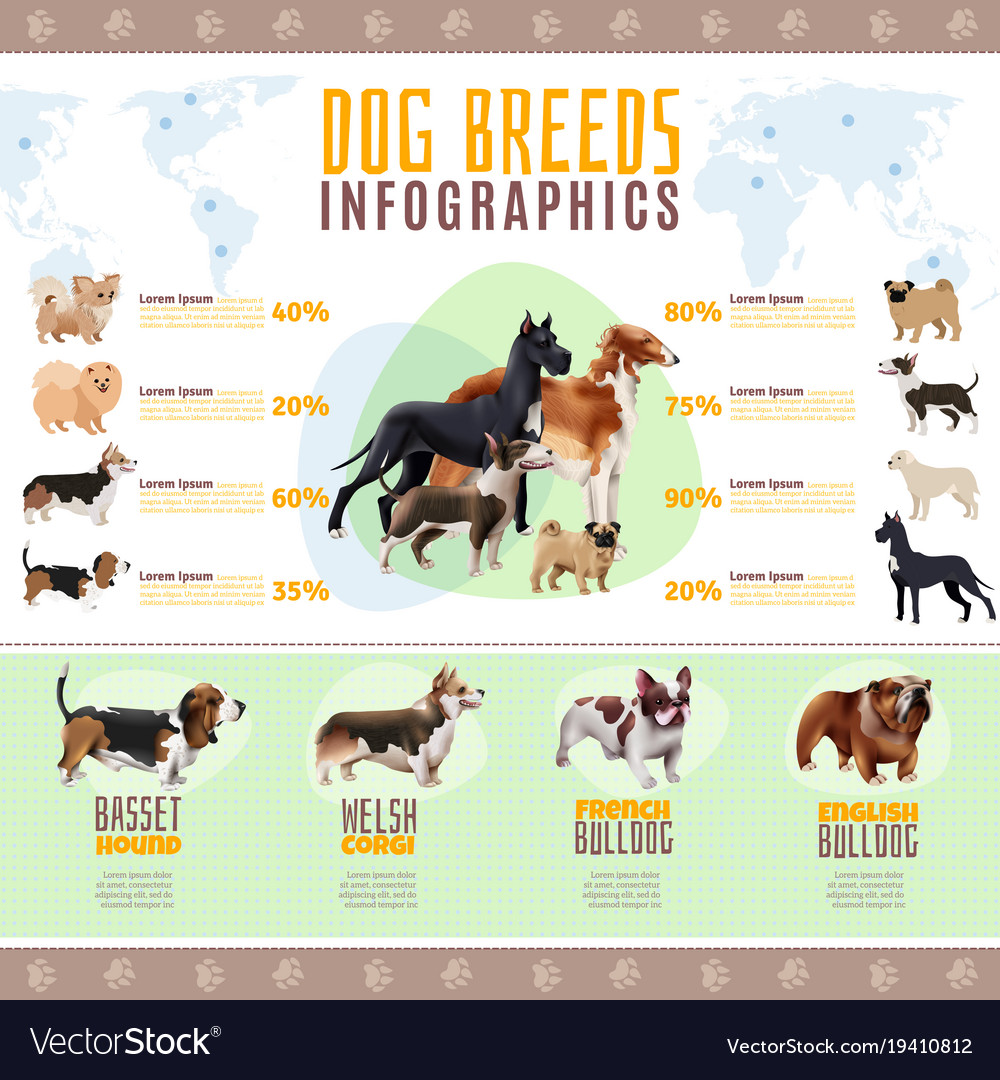Benefits Of Dog Daycare Webcam Access
Benefits Of Dog Daycare Webcam Access
Blog Article
Can Pet Daycare Cause Illness?
Pets in childcare get lots of exercise, socializing with other dogs and one-of-a-kind experiences. This can be specifically practical for young puppies and canines with behavioral concerns.
There are a number of lawful factors to consider you require to take into account when starting a doggy daycare company. These include the structure of your service and conformity with federal government regulations.
1. Canine Distemper
Canine distemper is spread through straight contact with the physical liquids and waste of an infected dog, but it can likewise be sent using shared water and food bowls or through airborne droplets. This extremely transmittable illness is most harmful for puppies, yet it can influence dogs of any age and is fatal for most if left neglected.
Preliminary signs and symptoms of canine distemper often mimic a common cold, including runny eyes and nose with watery or pus-like discharge. As the disease progresses, a canine will establish fever, coughing, decreased hunger, vomiting and diarrhea. The virus can also attack the nerve system, leading to seizures, jerking and partial or total paralysis.
Trustworthy daycares decrease exposure to infection by requiring vaccinations, routine health examinations and adhere to rigorous health methods. If your dog appears excessively worn out or hopping, a day of rest may help him recover, however you should prevent taking him back to childcare until these signs clear.
2. Kennel Cough
Kennel coughing, also known as contagious canine tracheobronchitis or Bordetella, is a very transmittable viral or bacterial disease that impacts the breathing system. It's generally transferred through the exchange of saliva or air droplets that an ill pet breathes out. Social dogs are at higher danger for infection because of their constant communication with each other, such as when they play, share food or water, sniff one another or merely fulfill in a congested setting like a pet dog park or day care.
The most common symptom of kennel coughing is a consistent and forceful cough that seems like something stuck in the throat or retching. Frequently, dogs will certainly spend foamy white phlegm. If left neglected, a canine can develop pneumonia and go to severe danger for life.
A reliable daycare center ought to have strict cleansing and cleanliness protocols, disinfect all toys, food and water bowls routinely, and be open about their inoculation policies. Keeping your dog approximately date on their vaccinations, particularly for bordetella and canine influenza, will substantially decrease their chances of getting the health problem.
3. Parvovirus
Canine parvovirus, or parvo, is a highly transmittable viral health problem that can be fatal for pups and young person dogs with inadequate immune systems. It's most commonly spread out by direct contact with infected pet dog feces-- which can happen when pets sniff, lick, or taste contaminated feces-- and indirectly from polluted people, things, or environments (like kennels, brushing spaces and lawns). Pups and pet dogs without complete inoculation histories are specifically vulnerable to parvo.
The virus is very resilient, enduring in the atmosphere for approximately 9 years, and can easily be moved between pets by get in touch with via feces or on shoes, apparel, and bed linens polluted with parvovirus. Otherwise treated quickly with IV fluids, electrolyte equilibrium, vomiting control drugs and antibiotics to stop secondary microbial infections, a pet will quickly dry out and establish extreme diarrhea, which results in shock and blood poisoning. Parvo is challenging to heal once a pet dog has ended up being ill, yet with appropriate vet care, numerous pups do survive this health problem.
4. Pooch Influenza
Pooch influenza virus is very contagious and spreads with straight contact, sharing food and water bowls, licking or nuzzling various other pets, through air-borne beads, and through infected surface areas. Vaccination is effective in lowering the risk of infection and episodes.
Most impacted pets develop a moderate respiratory system infection with a cough that lasts 1-3 weeks. They may additionally have nasal and eye discharge, sneezing, and lethargy. A few of one of the most serious situations lead to pneumonia and a high fever.
If your pet exhibits any of these signs, do not bring them back to childcare till they are healthy. If your pet dog is showing indications of severe fatigue or limping, speak to your veterinarian today and make sure they are on health supplements to aid build their immunity. A vet will certainly review your dog boarding training dogs near me for signs of the influenza by taking an example from the nose or throat, and blood tests can be done to confirm.